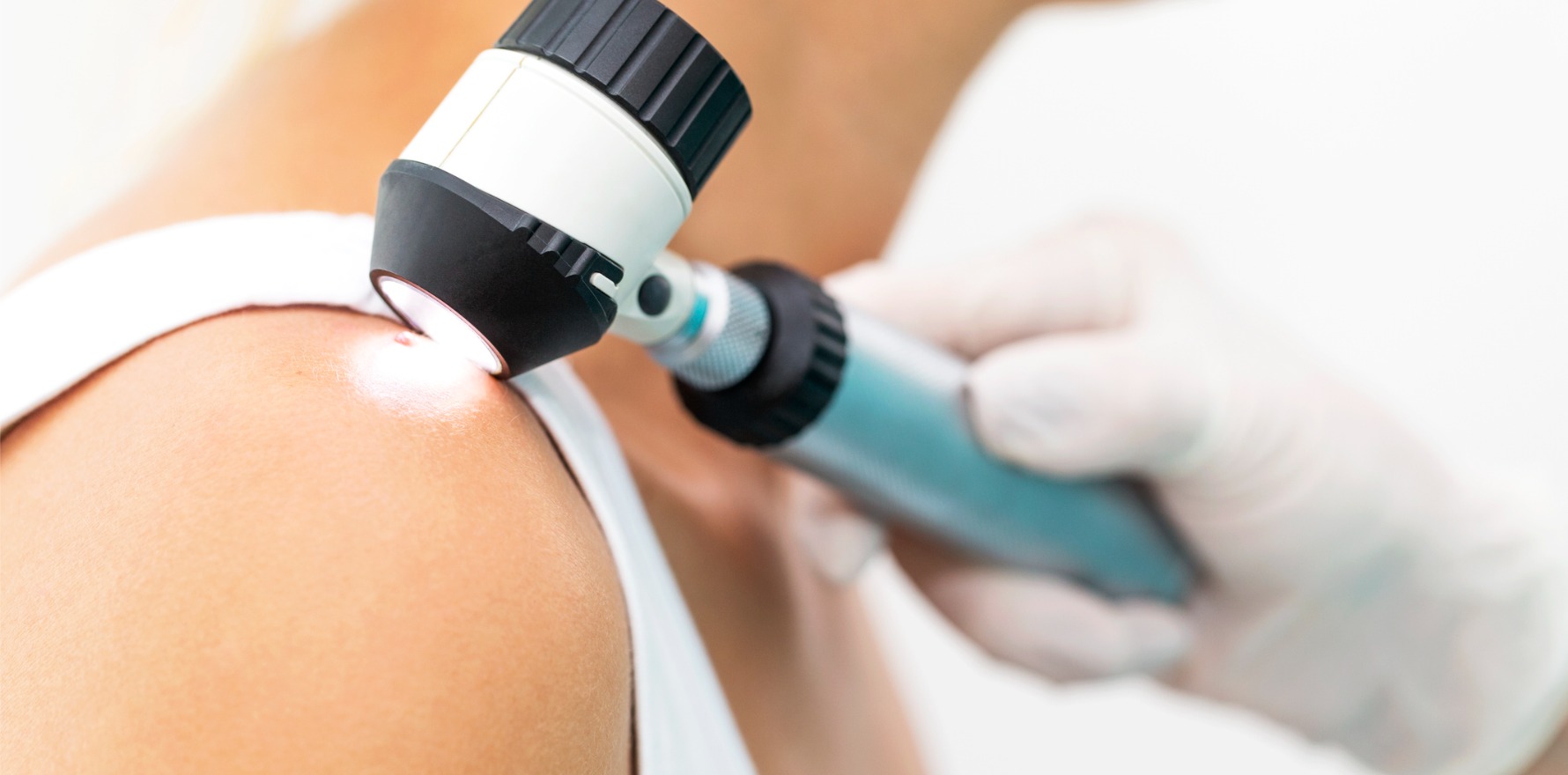The offering will allow GPs to administer routine skin checks, making visits to a dermatologist more accessible and equitable.
A start-up founded by Sydney dermatologist Dr Philip Tong has the potential to make skin cancer screening services more equitable for patients.
Dr Tong envisions the technology, DermScreen, will both shorten wait times – so that only those with more serious conditions are seeing a dermatologist – and ensure those in rural areas are able to receive skin checks from their GP.
Crucially, the technology “avoids biopsies when [unnecessary] and allows expedited care where skin cancer is suspected,” he told Oncology Republic.
Dr Tong said that, on average, a dermatologist will serve around 40,000 people but in “some rural areas it could be one dermatologist to 100,000”.
“There’s just not enough dermatologists to go around the entire population,” he said.
The technology, which has approximately a 90% accuracy rate depending on the study, works by taking high resolution photographs of the skin’s surface, which are then forwarded to a dermatologist who will identify any potential areas of concern.
Dr Tong admits that the service is “not the same as doing an in-person check” but believes that “if it allows a patient to be reviewed sooner, that in itself is a benefit”.

Founder Dr Philip Tong using DermScreen technology
DermScreen recently received a $25,000 grant from the University of Sydney through startup program Genesis, with judges highlighting the technology has “amazing potential across the globe”.
Dr Tong has also applied for funding to supply GPs with the technology, which allows GPs access to a dermatologist, bypassing traditional paper referrals.
“What I find is that GPs have the surgical skills to manage skin cancers, but they don’t necessarily have the diagnostic experience dermatologists have,” he explained.
He believes the spot clinical support service offering can help bridge this gap.
In 2022, skin cancer was the third most common cancer, affecting 56.9 per 100,000 people, but has a high survival rate if treated early.
Even though the technology is still in its pilot phase, Dr Tong envisions that DermScreen’s reach will be far and wide, with GPs in rural Queensland and Broken Hill in NSW currently accessing the service.
“Technology lends itself well to supporting dermatologists to be able to see patients remotely, and allowing patients to access dermatologists whereby it would traditionally be considered a very scarce resource”.
But Dr Tong acknowledges that there is a reluctance among some GPs to perform skin checks, which he says is an “emotional and intellectual burden”.
“They um and ah about a lesion, and then to make that easier they just refer [their patients] to the dermatologist because it can be hard to take on that responsibility for themselves,” he explained.
This results in dermatologists conducting routine skin checks, even though their time may be better spent treating more serious and complex conditions.
But DermScreen may make GPs more confident in conducting skin checks by providing a level of support from a dermatologist.
“It will ensure that the patients that truly need to see us can get into see us and also helps to empower and educate GPs to take on more dermatology work.
“I think ultimately, both of these benefits flow into patients to see GPs that are more qualified and more comfortable managing skin problems, and dermatologists that have shorter waiting times.”
In 10 years, Dr Tong hopes that DermScreen will be the “go-to resource and centre of excellence for skin cancer care that is supported by dermatologists and GPs and will enable patients to get more accessible, faster and more cost-effective skin cancer management and peace of mind”.


